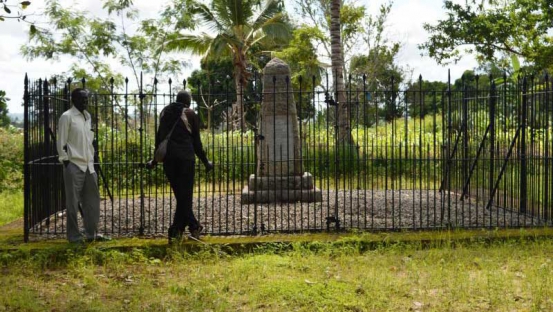×
The Standard e-Paper
Home To Bold Columnists

About 25km north-east of Kwale town lies Mafumoni village, a battlefield between Germans and British soldiers during the First World War.
Mafumoni, which in Mijikenda dialect means ‘the spear’s head’ is one of the richest sites in the Coast region, but is not widely known. It has been neglected, according to elders, instead of being tapped as a tourist attraction that could earn the community millions of shillings.